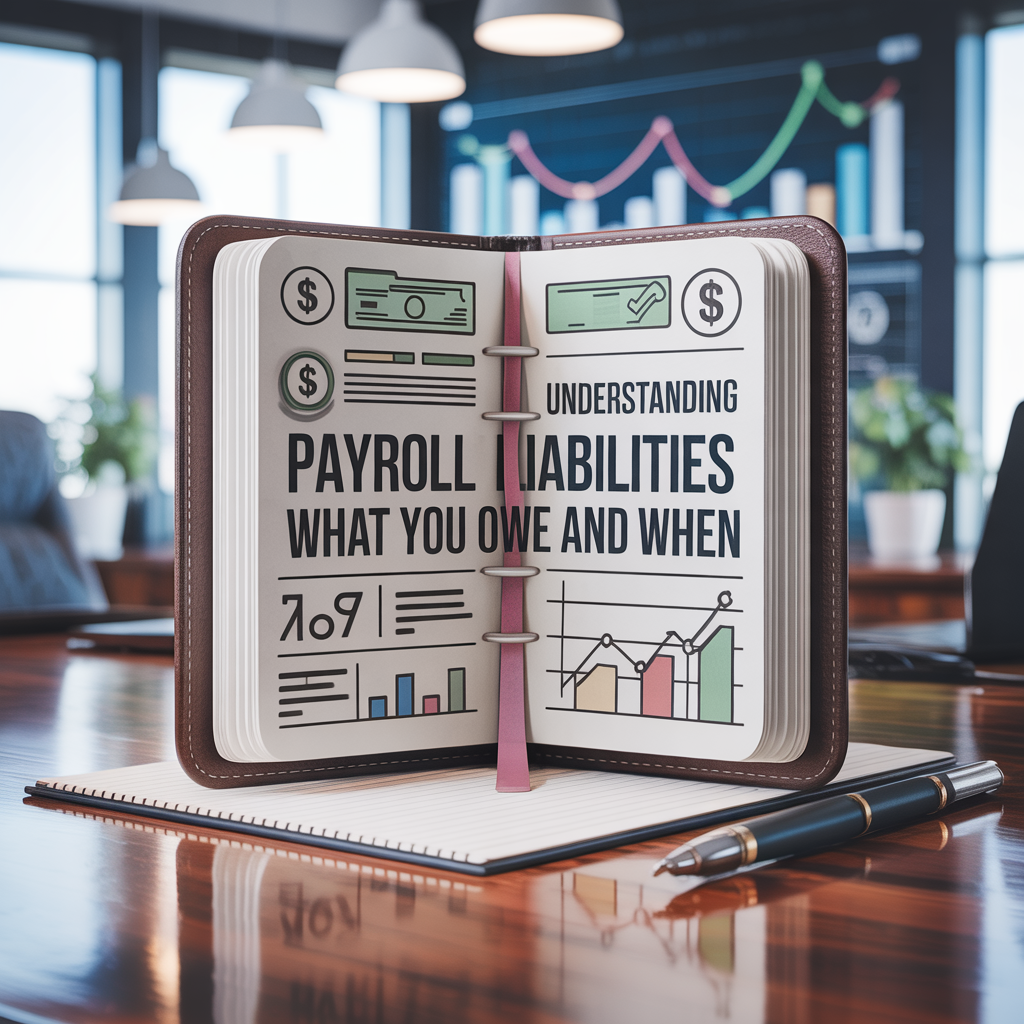Investment Strategies for the Self-Employed
Embarking on the entrepreneurial journey is a bold step towards a life marked by freedom and flexibility. The allure of being your own boss and charting your professional course is undoubtedly enticing. However, the path to a secure financial future as a self-employed individual requires a level of
strategic planning that extends beyond the confines of traditional retirement avenues. In this comprehensive blog, we will delve deep into the intricacies of investment strategies specifically tailored to the unique challenges posed by irregular income streams, offering you a roadmap for financial success in the dynamic world of self-employment.
Understanding the Landscape:
The world of self-employment is a landscape defined by its own set of challenges and opportunities. One such challenge, the ebb and flow of irregular income, requires a nuanced approach to financial planning. To counter the unpredictability inherent in this journey, it becomes paramount for self-employed individuals to adopt investment strategies that not only embrace the flexibility needed but also exhibit resilience in the face of financial fluctuations. At the heart of this financial strategy lies the principle of diversification.
Diversification, the act of spreading investments across various asset classes, emerges as a powerful tool in mitigating the risks associated with market volatility. Unlike the relatively stable income of traditional employment, self-employment often introduces a level of uncertainty that demands a thoughtful and adaptive investment approach. By diversifying investments, individuals can create a more robust and resilient portfolio capable of weathering the ups and downs of the market, providing a solid foundation for long-term financial stability.
Navigating the Ebb and Flow:
The ebb and flow of irregular income streams can be a challenging aspect of self-employment. However, viewing it through the lens of opportunity rather than adversity can reshape the financial landscape. This is where the flexibility of certain investment strategies comes into play. Rather than adhering to a rigid financial plan, self-employed individuals can tailor their investment approach to match the cadence of their income.
This adaptability might involve adjusting contribution amounts during months of higher income and being more conservative during leaner periods. The key is to remain agile and responsive to the dynamic nature of self-employment, allowing your investment strategy to evolve in sync with your professional journey.
In the upcoming sections of this blog, we'll explore specific investment avenues and strategies that align with the principles of flexibility, resilience, and adaptability. From Individual Retirement Accounts (IRAs) to Solo 401(k) plans, taxable investment accounts, and real estate ventures, each option will be dissected to empower self-employed individuals with the knowledge needed to make informed and strategic investment decisions. Join us on this insightful journey as we equip you with the tools to not only navigate the financial intricacies of self-employment but also to thrive in the ever-changing landscape of personal finance.
Investment Avenues for the Self-Employed:
Individual Retirement Accounts (IRAs):
- Delve into the nuances of both Traditional and Roth IRAs, weighing the tax advantages each offers. Align your choice with your current financial standing and future objectives for a well-rounded approach.
Solo 401(k) Plans:
- Tailor-made for the self-employed, the Solo 401(k) extends the flexibility of contributing as both employer and employee. This unique structure allows for maximum savings potential and a plethora of investment options.
Taxable Investment Accounts:
- Embrace the versatility of taxable brokerage accounts. While lacking the tax advantages of retirement accounts, these accounts provide liquidity and flexibility, allowing you to access funds when needed.
Real Estate Investments:
- Venture into the realm of real estate as a stable, income-generating option. Explore opportunities in rental properties or consider the diversified approach offered by real estate investment trusts (REITs).
Strategies for Success:
Emergency Fund and Cash Reserves:
- Safeguard your financial stability by maintaining a robust emergency fund, capable of covering essential expenses during lean periods. The presence of cash reserves ensures you won't be forced to liquidate investments at inopportune times.
Consistent Contributions:
- Cultivate the habit of consistent contributions to your investment accounts, regardless of fluctuations in monthly income. Harness the power of compounding by staying committed to your investment routine.
Regular Portfolio Review:
- Periodically evaluate and rebalance your investment portfolio to adapt to changing financial goals and market conditions. This proactive approach ensures your investments remain aligned with your risk tolerance and overall objectives.
Professional Guidance:
- Leverage the expertise of financial professionals specializing in working with self-employed individuals. Their insights can provide tailored strategies to address your unique financial needs and aspirations.
The self-employed journey is a dynamic one, marked by challenges and triumphs. Building a secure financial foundation requires more than just traditional retirement planning. Through diversification, consistent contributions, and strategic decision-making, self-employed individuals can navigate the financial frontier with confidence. This blog serves as a compass, guiding you through the multifaceted world of investment strategies and helping you chart a course towards lasting financial success. Remember, the key lies not only in embracing the entrepreneurial spirit but also in making informed and forward-thinking investment choices.

Marc Boulanger
Marc views his accounting business as an extension of his family. And while he holds a Bachelor of Arts in Business Administration and Accounting and a Masters of Science in Accounting, he values traveling around the country with his wife of 30 years and 5 kids, Marc learned that communication is the key to effective team work.


